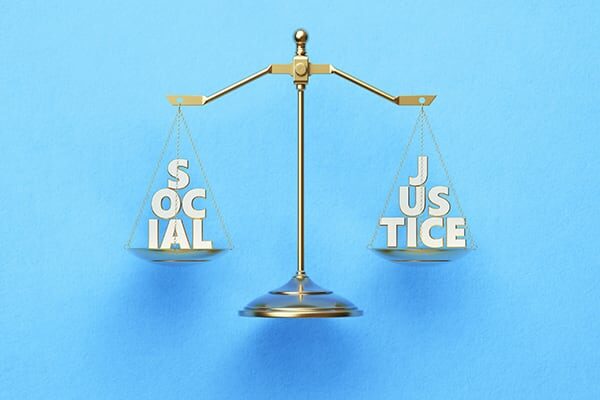Dismantling Systemic Racism in Healthcare

The issue of systemic racism in health care is very real, urgent, and dire. The disparities in care, access, and treatment options are significantly impacting communities of color. We must immediately address this health care crisis—health care is a fundamental human right.
So why are we facing this disparity in health care? The truth is it’s always existed, and though we may want to believe it’s getting better, the truth is, systemic racism in health care is prevalent.
Historical Amnesia and Systemic Racism in Health care
Renowned activist, author, and scholar Professor Angela Davis once shared with me the concept of historical amnesia and the disastrous consequences it can have. By historical amnesia, I mean people—even whole countries—tend to omit, forget or ignore aspects of history that are inconvenient or uncomfortable in the present.
One danger of America’s historical amnesia is that it dooms us to continuously reinforce and repeat the very patterns that perpetuate societal injustice in this country. This issue dominates our health care system.
One of these historical patterns is redlining, the systematic denial of various services to residents of specific, often racially associated neighborhoods or communities. In real estate, redlining creates unnecessary obstacles for residents who want to purchase their homes and invest in their communities. Without owner-occupied homes, neighborhoods and home values deteriorate, and residents cannot create generational wealth. Redlining can also be found in finance, lending, insurance, and more. It’s nothing less than blatant discrimination.
Today, we are in the midst of a health care redlining crisis. If you live on the wrong side of a state line, policy around Medicaid means you cannot access specialists or medications or even basic health care. If you live in a redlined zip code, you might well find yourself abandoned by a health care system seeking profits in more prosperous areas. Decisions being made by both the private and public sectors are creating health care deserts throughout the country that disproportionately affect Black and Brown communities.
In cases involving HIV, for example, the health care system in America delivers worse outcomes for African Americans about 50% of the time. This is incredibly significant when one considers that HIV is currently the fifth leading cause of death among African Americans. As a society with our historical amnesia fully engaged, we find it easier to blame the patient. The problem is not the patient. The problem is systemic racism in health care.

